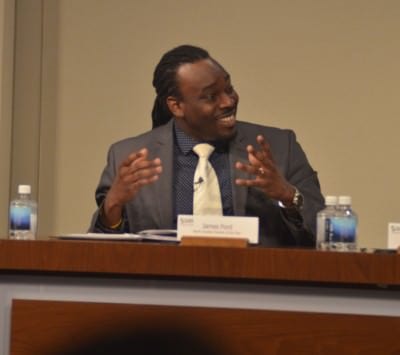
Seventy five school districts have submitted differentiated pay proposals to the General Assembly for a pilot program, but lawmakers do not yet have a process in place to actually decide who to pick and why.
The legislation establishing the pilot is vague, saying little more than that proposals should come in by January 15. It does not establish next steps or explain how proposals will be chosen.
“I don’t even know yet what process we’re going to use,” said Republican Sen. Jerry Tillman. “I don’t think that’s been defined.”
The program is called “Differentiated Pay for Highly Effective Teachers,” and it would implement a $1 million appropriation to the North Carolina Educational Endowment Fund included in the budget bill last session (N.C. Session Law 2014-100, Senate Bill 744, Section 8.11).
A bigger problem than process may be the quality of the proposals. Republican Rep. Craig Horn was one of the main lawmakers championing the pilot program, and he said they might need some work.
“Most of them were woeful. They really did not outline a methodology,” Horn said. “And they fundamentally were nothing more than an ask for money.”
The program was pushed by Gov. Pat McCrory last year as part of a strategy to retain good teachers. It asks for differentiated pay proposals for instructors in hard-to-staff subject areas, in hard-to-staff-schools, who have extra academic duties or leadership roles, or who serve as instructional coaches.
Orange and Wake County Schools both submitted short one-page proposals that would simply reward teachers who attain a “‘proficient’ rating on all standards on which a rating is assigned on their most recent year-end evaluation.” Moore County Schools’ one-page proposal says it will give an up-to-$4,000 bonus to teachers in hard-to-staff subject areas and at schools with higher-than-district-average turnover.
Horn said he wanted to see more of a structure to the proposals. “I wanted to see a framework for how this would roll out; what the acountability measures are,” he said.
Pitt County Schools is one applicant that submitted a much more detailed and comprehensive proposal. It focuses on hard-to-staff subjects and high-need schools, but also looks at ways to reward collaboration and leadership.
Horn is working on a bill that establishes a general framework for differentiated pay, which he says may give some of the applicants a better idea of how such a program should move forward.
“I don’t think we were specific enough in what we asked for,” he said.
Horn said that lawmakers in the General Assembly are sometimes guilty of seeing a good idea and pushing it forward without enough preparation.
“That’s how you get a two-hump camel instead of a horse,” he said.
Recommended reading



